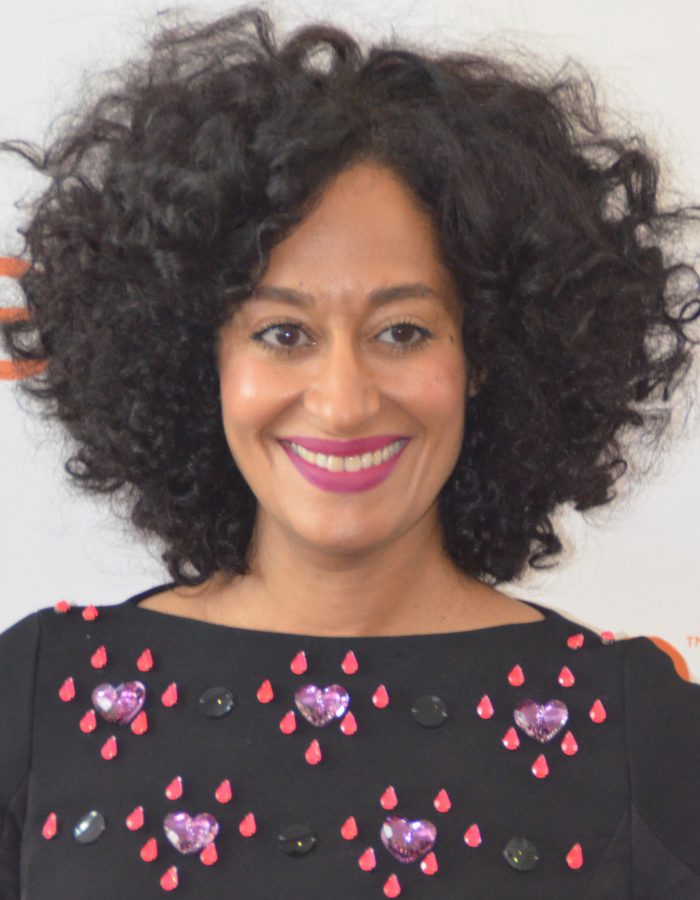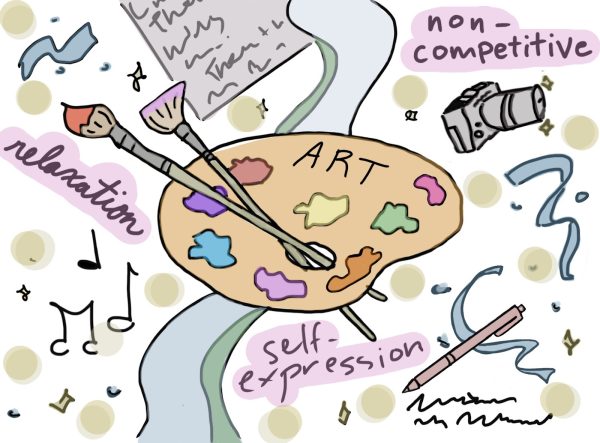Actor activism
With the modern political climate, the use of acceptance speeches as activist platforms is a necessary route for advocacy.
Florence Foster Jenkins, Chief Hopper, Juan and Rainbow Johnson. You may recognize these character names from their respective platforms, including the eponymous Florence Foster Jenkins, as well as Stranger Things, Moonlight and Black-ish. These movies and television series’ earned a litany of awards this season due to their ability to thrill, inspire and captivate their viewers.
However, these pseudonyms also trace to influential, eloquent actors: Meryl Streep, David Harbour, Mahersala Ali and Tracee Ellis Ross. Each of these individuals recently utilized the Golden Globe and SAG stages as literal and metaphorical platforms.
At the Golden Globes, Tracee Ellis Ross advocated for an increase in diversity in the media, and for women everywhere “whose stories, ideas, and thoughts are not always considered worthy and valid and important.”
As a woman of color herself, Ellis Ross used her speech to critique Hollywood, as the industry holds a notorious reputation for lacking inclusion, while also affirming the value of a significantly marginalized group of people.
Later on in the ceremony, Meryl Streep made a powerful, impassioned speech about the detriments of using power to belittle and minimize others while accepting the Cecil B. DeMille award.
She specifically cited Donald Trump’s imitation of a disabled reporter earlier in the year, and issued a call to arms to support journalists, of whom she said, “we’re going to need them going forward, and they’ll need us to safeguard the truth.”
Two weeks later, at the SAG Awards, actor David Harbour delivered a rousing message on behalf of the Stranger Things cast for their award. His speech focused on certain political events as he promised to “punch some people in the face when they seek to destroy the weak and the disenfranchised and the marginalized!”
On a similar note, Mahersala Ali imparted wisdom upon his audience from his experiences during the filming of Moonlight. Ali said, “what I was so thankful about in having the opportunity to play Juan was playing a gentleman who saw a young man folding into himself as a result of the persecution of his community…. And accept him. And I hope we do a better job of that.”
Ali also utilized his Muslim faith and the idea of minutia to illuminate the importance of appreciating “the texture,” of those who are different than yourself, rather than regarding our differences as reasons to alienate.
Though the act of transforming acceptance speeches into activism platforms may seem miniscule, or even annoying, it is necessary.
As a woman, person of faith, lover of the arts and student journalist, all four of these speeches stimulated a sense of pride and love in my heart. Each issue mentioned by these actors holds not only personal significance to me, but also global significance.
The arts and journalism are two industries that employ people from all backgrounds to create work that magnifies the trials and tribulations of all people.
However, in this political climate, both professions face ridicule from the current President, therefore, I believe outspoken advocates are more essential than ever.
Furthermore, the voices of these actors carry unparalleled influence. The use of their privilege as a platform has the capacity to reach across the globe, encouraging viewers to open their minds and hearts.











